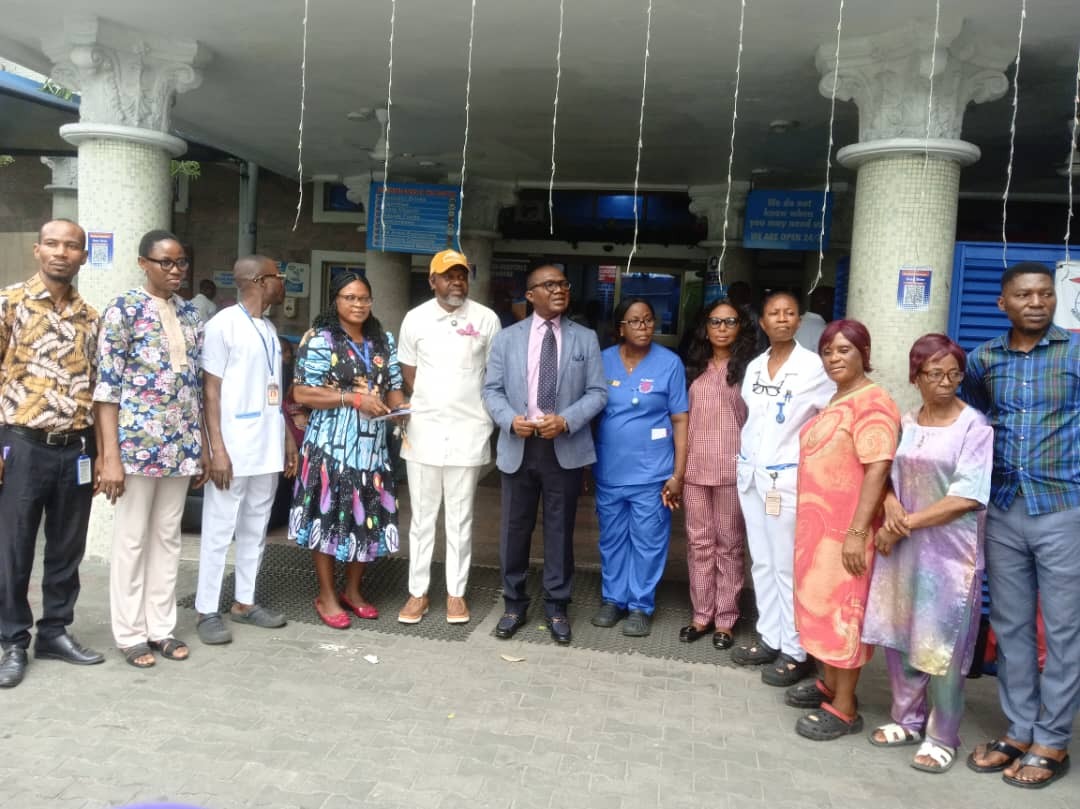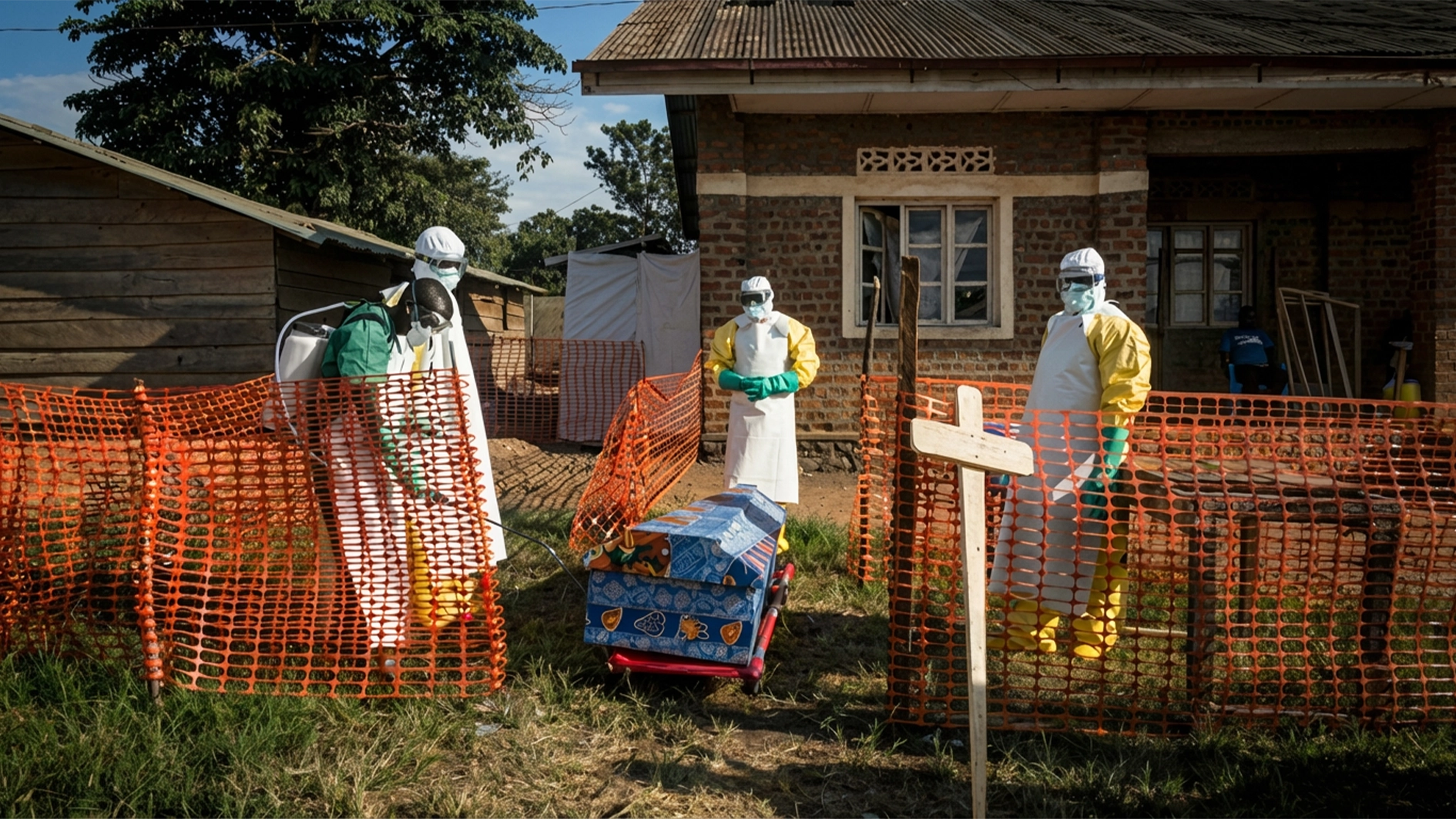The federal government has stated that Nigeria is beginning to see signs of real progress in the health sector, adding that primary healthcare utilisation has risen sharply from 10 million visits in the first quarter of 2024 to 45 million in the second quarter of 2025.
The Minister of Health and Social Welfare, Professor Muhammad Ali Pate, who disclosed this at a press briefing on the 2025 Joint Annual Review meeting scheduled for Wednesday in Abuja, stated that Nigeria’s health sector is making measurable progress in key performance indicators as part of the ongoing Health Sector Renewal Investment Initiative launched in 2023 by President Bola Tinubu.
He stated that 37 out of 41 national health Key Performance Indicators have been achieved, while 35 out of 36 states, including the FCT, have conducted their own performance dialogues with citizen participation.
Pate noted that data collected across the country indicate a steady rise in key maternal and reproductive health indicators, including antenatal care, skilled birth attendance, family planning uptake, and facility deliveries.
The minister observed that there has been a significant increase in access to care under the “MAMI” initiative aimed at crashing maternal mortality, with over 4,000 caesarean sections carried out in NHIA-accredited facilities across the country.
Pate stated that patient confidence in the health system has grown, adding that a perception survey revealed improved satisfaction and trust in government health interventions.
He said, “Seventy-seven per cent of Nigerians now feel positive about the health system and acknowledge that meaningful reforms are underway.”
The minister, however, noted some persistent challenges, including affordability and reduced foreign health financing. Professor Pate added that the proposed review meeting, with the theme “All Hands, One Mission: Bringing Nigeria’s Health Sector to Light,” would take stock of reforms, showcase results, and renew the national compact signed with state governments and development partners to advance universal health coverage.
He emphasised the importance of prudent resource management, strong intergovernmental collaboration, and sustained motivation of healthcare workers to consolidate the gains.
The minister revealed that this year’s compact will include local government areas, private sector players, traditional and religious leaders, and civil society groups in line with the National Health Act 2014.
According to him, the review meeting will feature five sessions, including maternal health, governance and accountability, local manufacturing of life sciences products, domestic financing, and a review of health expenditures.
The minister noted that the upcoming review will act as a tool for assessing collective progress and aligning efforts across federal, state, and local government levels.
He said, “We can now tell a data-driven story showing clear beginnings of improvement. If we sustain this effort, the health outcomes of Nigerians will continue to rise, and the world will take notice.”






